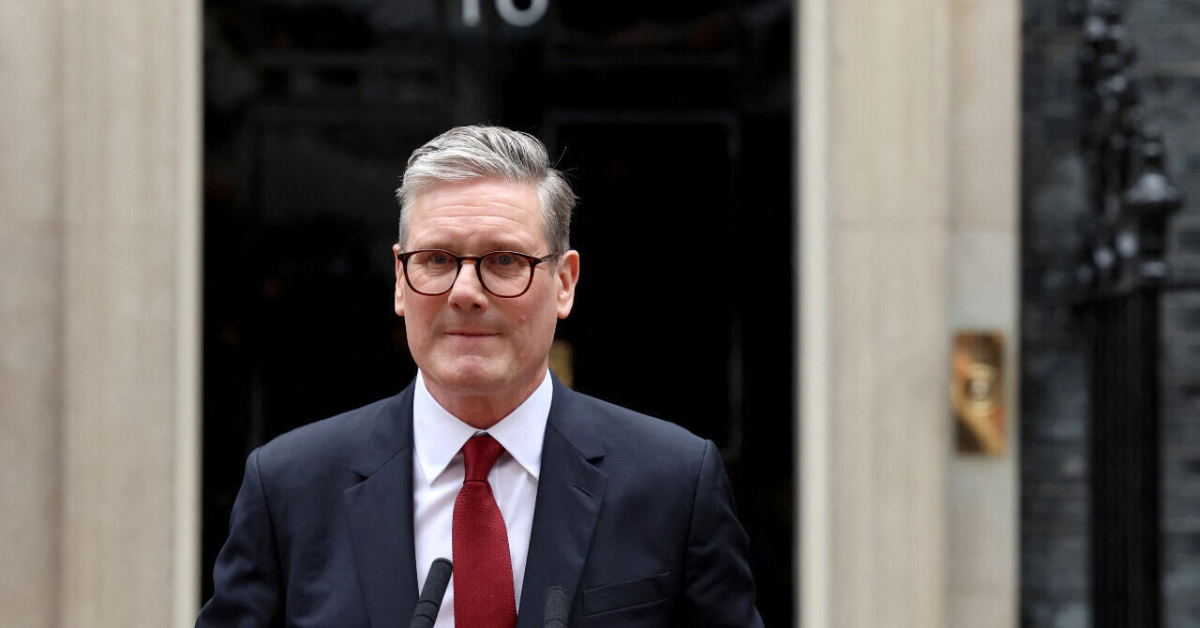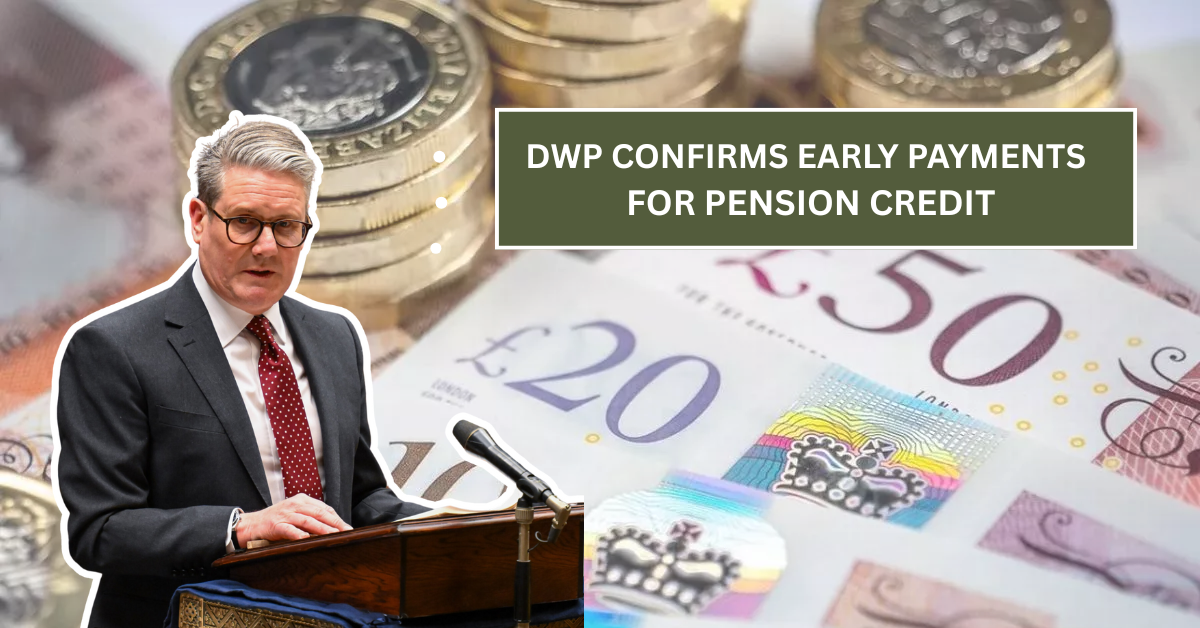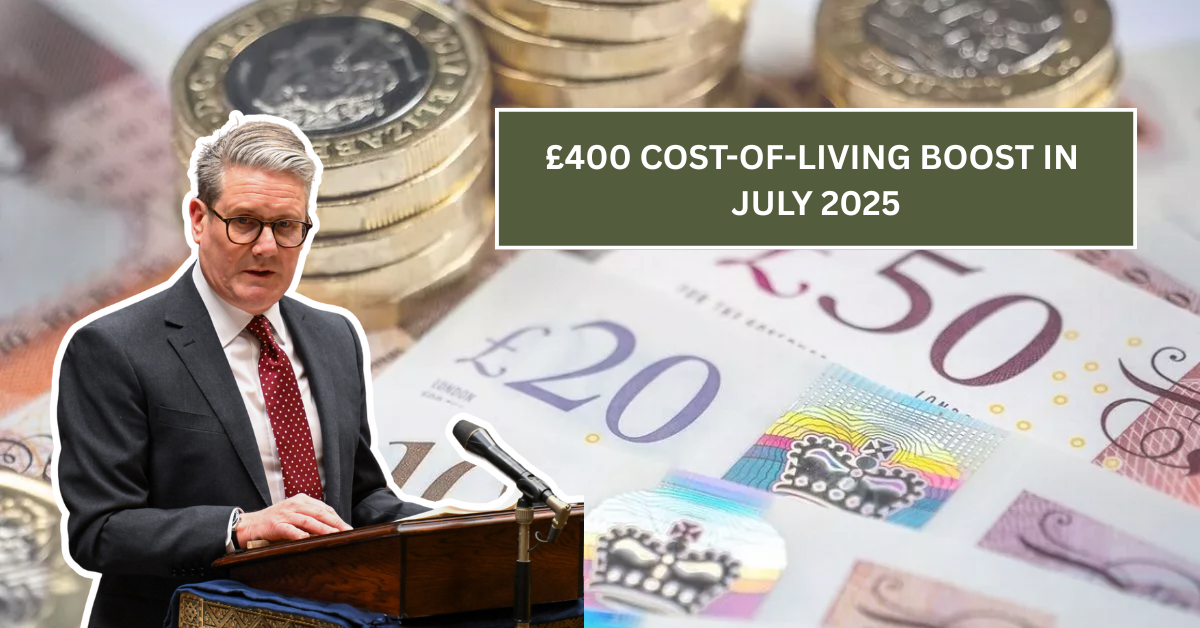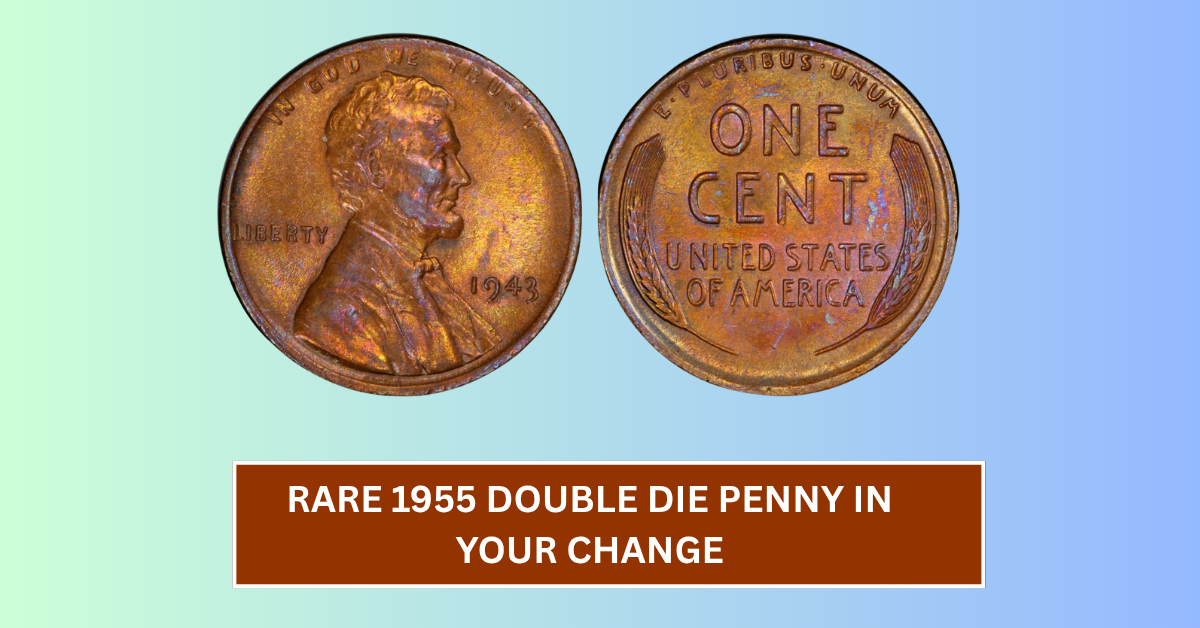The UK government’s Department for Work and Pensions (DWP) has announced changes that could reduce monthly benefits by up to £416 for some families. These cuts are expected to affect thousands of low-income households who rely on financial support to cover their basic needs. If you’re living in the UK and depending on benefits like Universal Credit or Housing Benefit, it’s important to understand what’s happening and how it might impact your household budget.
In this blog, we’ll break down what the new benefit cuts mean, who will be affected, and what steps you can take to stay informed and protected.
What Is the DWP Changing?
The DWP is making changes to how Universal Credit and other welfare benefits are calculated, especially for families living in temporary accommodation or supported housing. These changes will impact the housing element of Universal Credit – the part that helps people pay for their rent.
Until now, many families living in temporary housing received extra support through Housing Benefit, which covered high rent costs. But from now on, the DWP wants to shift this responsibility under Universal Credit, and in doing so, the amount people receive may go down – in some cases by as much as £416 a month.
Who Will Be Affected the Most?
Not every benefit claimant will be impacted. These cuts mainly affect:
- Families living in temporary accommodation, such as hostels or emergency housing
- People receiving support from local authorities due to homelessness or special needs
- Claimants newly applying for Universal Credit who live in supported housing
- Those who were moved from Housing Benefit to Universal Credit
For example, a family who used to get separate support from Housing Benefit might now receive less help if their rent is higher than what Universal Credit will cover. This could lead to rent arrears, eviction risks, or having to pay rent from other benefit payments like the standard Universal Credit allowance meant for food and other living expenses.
Why Is the Government Making This Change?
The government says this move is part of a wider plan to streamline the benefits system. By bringing everything under Universal Credit, they aim to make it simpler and easier to manage. But critics argue that this simplification comes at a cost – especially for vulnerable families already struggling with rising rent, energy bills, and grocery prices.
Charities and housing organizations warn that this could push more families into poverty or homelessness, especially if local councils and support services don’t step in to fill the financial gap.
What You Should Do If You Think You’ll Be Affected
If you’re currently receiving Housing Benefit or Universal Credit, here are a few steps you can take to stay ahead:
- Check Your Benefit Statement: Log in to your Universal Credit online account and check your payment breakdown. If you notice your housing support has changed or decreased, contact your work coach or case manager immediately.
- Speak to Your Housing Provider: If you’re living in supported or temporary housing, talk to your landlord or housing manager. They might already be aware of the changes and can help you understand how your rent will be covered going forward.
- Contact Your Local Council: Councils sometimes offer extra support through Discretionary Housing Payments (DHP). If your rent is no longer fully covered, apply for this help through your local authority.
- Seek Advice from a Welfare Support Organisation: Charities like Shelter, Citizens Advice, or your local housing advice centre can guide you on how to appeal, find support, or apply for emergency help.
Could More Cuts Be Coming?
There’s no official confirmation, but some experts worry this change could be a sign of further cuts in the future. With the government under pressure to reduce spending, benefits could face more adjustments, especially if the economy continues to slow down.
Campaigners are urging the government to rethink these cuts and protect the most vulnerable. Many are calling for a proper review of Universal Credit rates, especially in high-rent areas where housing costs continue to rise.
Final Thoughts
A monthly cut of £416 is not a small amount – especially for families already trying to make ends meet. While the DWP says these changes are about improving the system, the real-life impact on people could be serious.
If you or someone you know might be affected, don’t wait until your rent falls behind or you’re short on food. Check your benefits, ask for help, and look into local resources that can support you. Knowing your rights and acting early can make a big difference in protecting your home and family.

















Leave a Reply